Early Life and Legal Beginnings
Born Amritlal Bhagwanji Shah in 1937, the future judge’s lengthy name was thankfully shortened to A.B. Shah. He began his legal career by being admitted to the English Bar at Middle Temple in 1962. Shortly after, in 1963, he became an Advocate of the then Supreme Court of Kenya. Shah then ventured into private practice, working primarily at Shah & Parekh Advocates.
From the mouthful Amritlal Bhagwanji Shah, his name was aptly simplified to just A. B. Shah. He was a famous Moi era judge who served at the Court of Appeal when the judges at that court behaved like demigods and were both notorious at harassing counsels appearing before it as well as being pedantic about procedural rules. Born on 9th September 1937, Justice Shah passed away on 7th September 2024 which was only 2 days’ shy of his 87th birthday. Actually, he was cremated at Kariakor Crematorium on his birthday.
The late judge was first admitted to the English Bar at Middle Temple on 27th November 1962. He was later admitted as an Advocate of the then Supreme Court of Kenya on 16th September 1963 and he ventured into private practice primarily in the firm of Shah & Parekh Advocates.
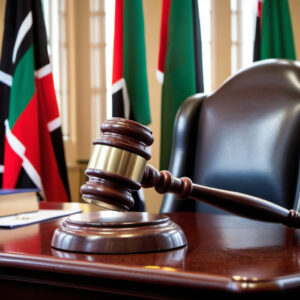
Rise Through the Ranks
Justice Shah’s judicial journey began in 1986 as a Commissioner of Assize. He rose quickly through the ranks, becoming a High Court Judge in 1993 and reaching the prestigious Court of Appeal just a year later in 1994.
A Controversial Decision.
The late A. B. Shah was among the 5 judges who presided over the infamous Mwai Kibaki –vs- Daniel Arap Moi Court of Appeal decision in 1999 which upheld the High Court’s finding to the effect that the Presidential Election Petition could not be sustained unless there was personal service upon President Daniel Arap Moi which service was impossible to effect. The other judges in the said Court of Appeal Bench included Chief Justice Chunga, Riaga Omolo, AA Lakha and Effie Owour.
Fall from Grace
The said decision later came to haunt all the judges who were involved including the 3 judges at the High Court. Their removal was amongst the first order of business when the NARC government took power. They were all hounded out of office in one way or another. For Justice A.B. Shah, his fall from grace was through the “radical surgery” orchestrated by fellow judge, Justice Aron Ringera who chaired the Integrity & Anti – Corruption Committee of the Judiciary in Kenya and which published a damning report in 2003. In its findings against Justice A. B. Shah, it was observed that he was a freemason who abused his power to assist one Virinder Goswami a fellow freemason by personally drafting court documents regarding the now infamous Rai Plywoods (Kenya) Ltd case which he later presided over for a record 17 days of hearing as an Appellate Judge. In the said case, Tarlochan Singh Rai who was the founder of Rai Plywoods (Kenya) Ltd was accused by family members of being autocratic in the running of the Company and siphoning out monies which were used to acquire ownership of various other entities including Commercial Bank of Africa Limited, Timsales Limited, MS Projects, Tulip Properties, Rai Expo and Rai Ply Malawi.
At the time, Virinder Goswami a lawyer by profession was a chairman and director of Rai Plywoods (Kenya) Ltd. He was also an Advocate for some members of the wealthy Rai Family including Jaswant Rai.
The then Kenya Anti-Corruption Commission upon receiving a complaint raided Goswami’s Law firm and recovered a diary containing evidence of lunch dates that had taken place between Justice Shah and Goswami when the Appeal was ongoing. Also recovered were Justice Shah handwritten notes forwarding a draft petition which Justice Shah asked Goswami to have typed for later discussion.
It was on this basis that the Ringera Committee recommended the setting up of a tribunal to consider the removal of Justice Shah as a Judge. In a Gazette Notice 7280 of 15th October 2003, the late president Kibaki appointed a Tribunal chaired by Justice Akilano Akiwumi to investigate the conduct of Justice Shah amongst others.
Retirement and Later Career
Instead of facing the tribunal, Justice Shah opted to retire from the judiciary citing his advanced age (66 years) and the recent demise of his daughter in a road accident as the reasons for not to fighting back.
He thus ventured back into legal practice but not without controversy. He obtained a Practicing Certificate directly from the Registrar of the High Court without first paying the Law Society of Kenya its dues. The then LSK Chairman Ahmednasir Abdulahi termed the registrar’s decision as a way of sneaking back discredited judges back into the system without due consultation.
The judge nonetheless settled in private practice and become a renown and most sought after Arbitrator and lead counsel in several matters. A notable matter he acted in was in the Malcom Bell –vs- Moi High School Kabarak Case where he represented both retired President Moi and the school. The courts agreed with Malcolm Bell that indeed the school had encroached on his land without due compensation and hence granted orders of eviction of the school from that parcel known as L.R No. 6207/02 in Nakuru.
Legacy
The Late Justice Shah therefore led an illustrious career in his practice of law right from the time Kenya gained Independence till when he breathed his last. He was instrumental in the setting up of the Kenya Law Reports. His career as seen was however not without controversy but he fades away with the secrets relating thereto.
Guandaru Thuita
Managing Editor, Legal Express
Kenya


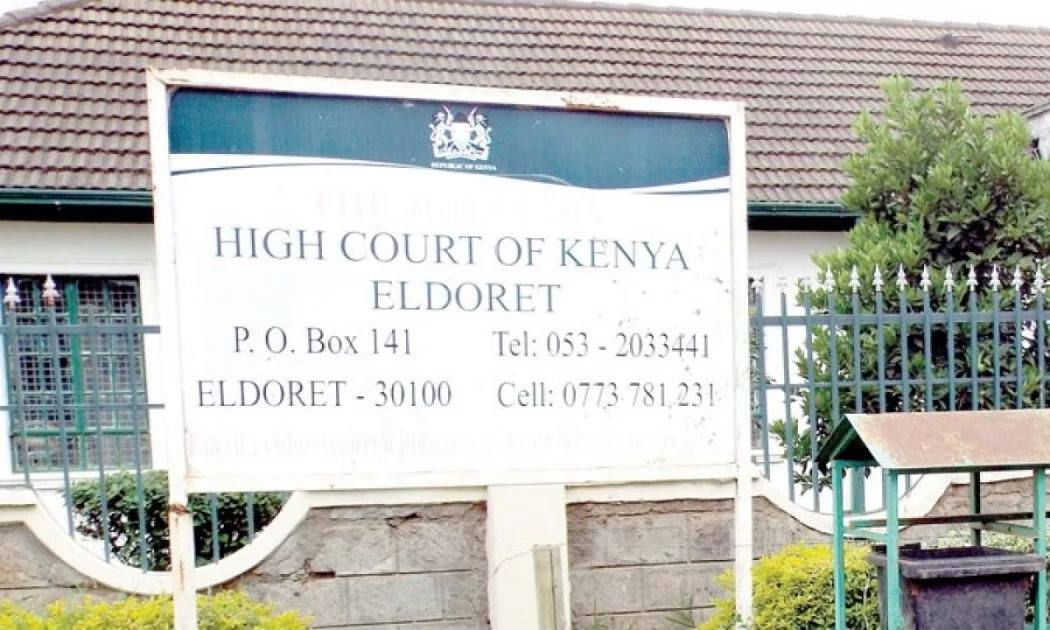

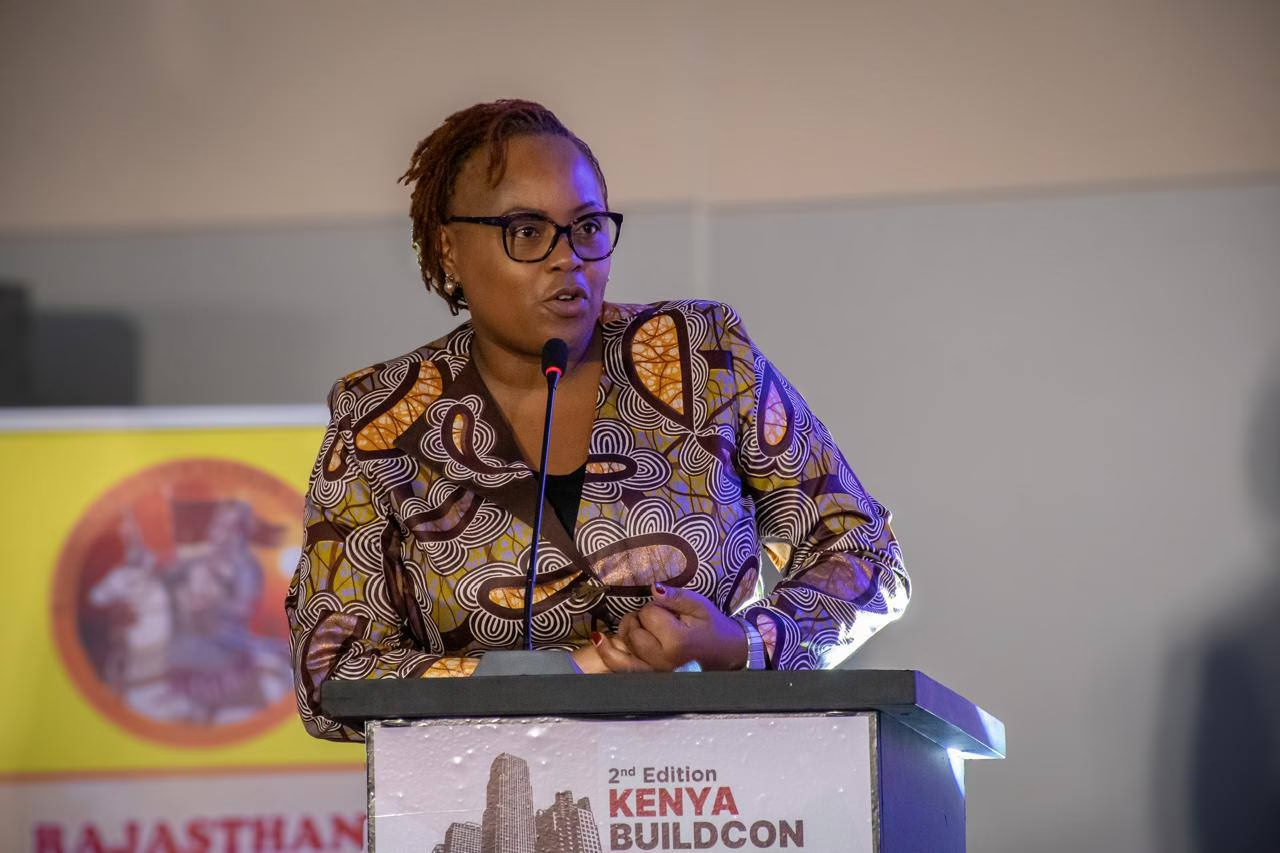
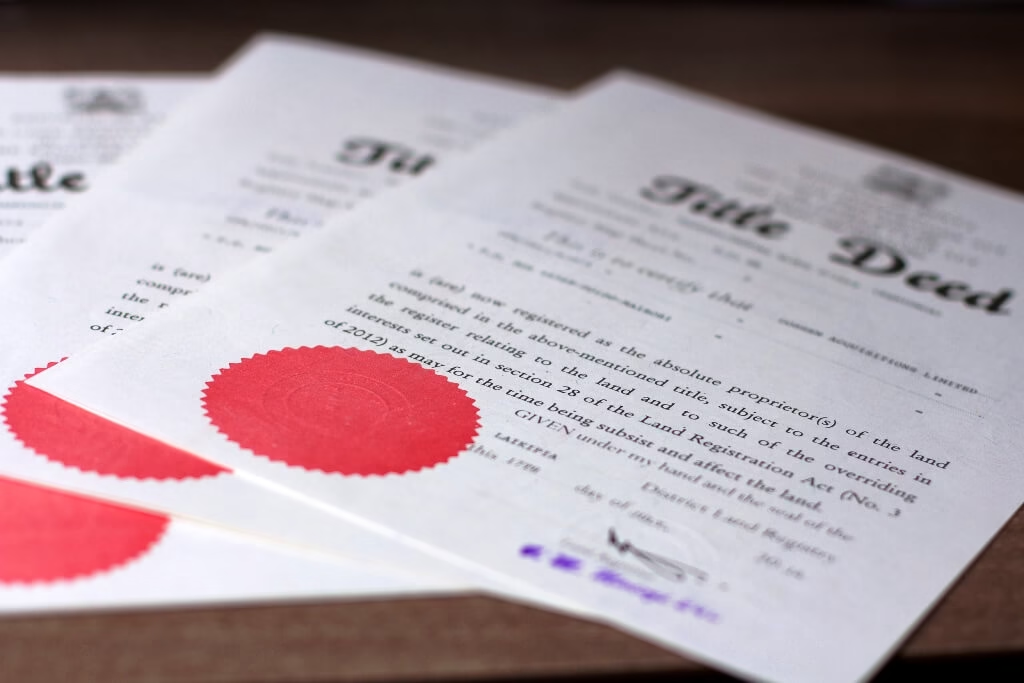
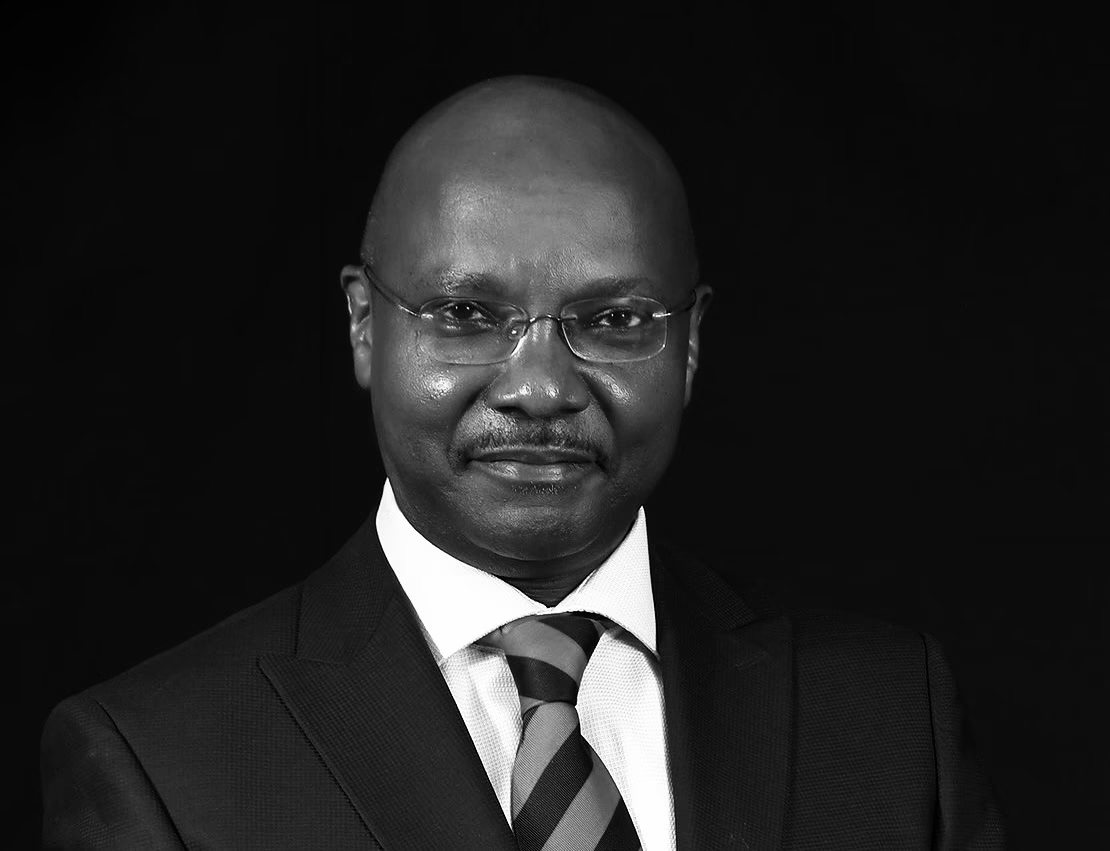
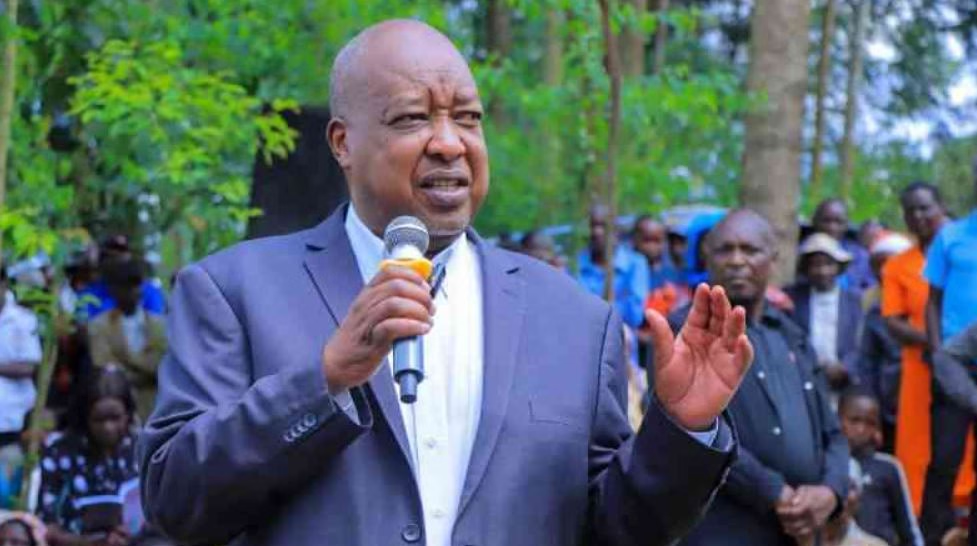
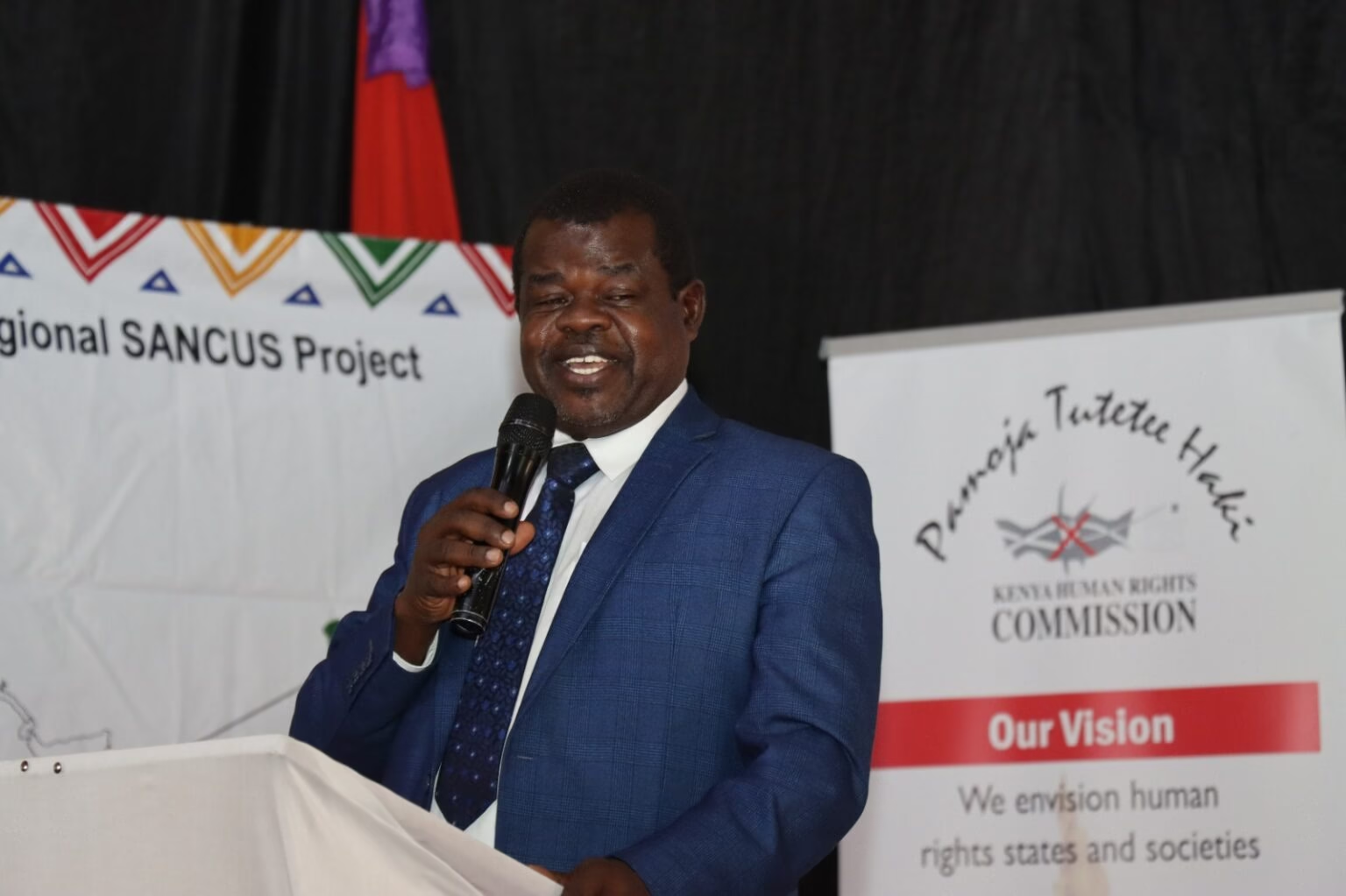
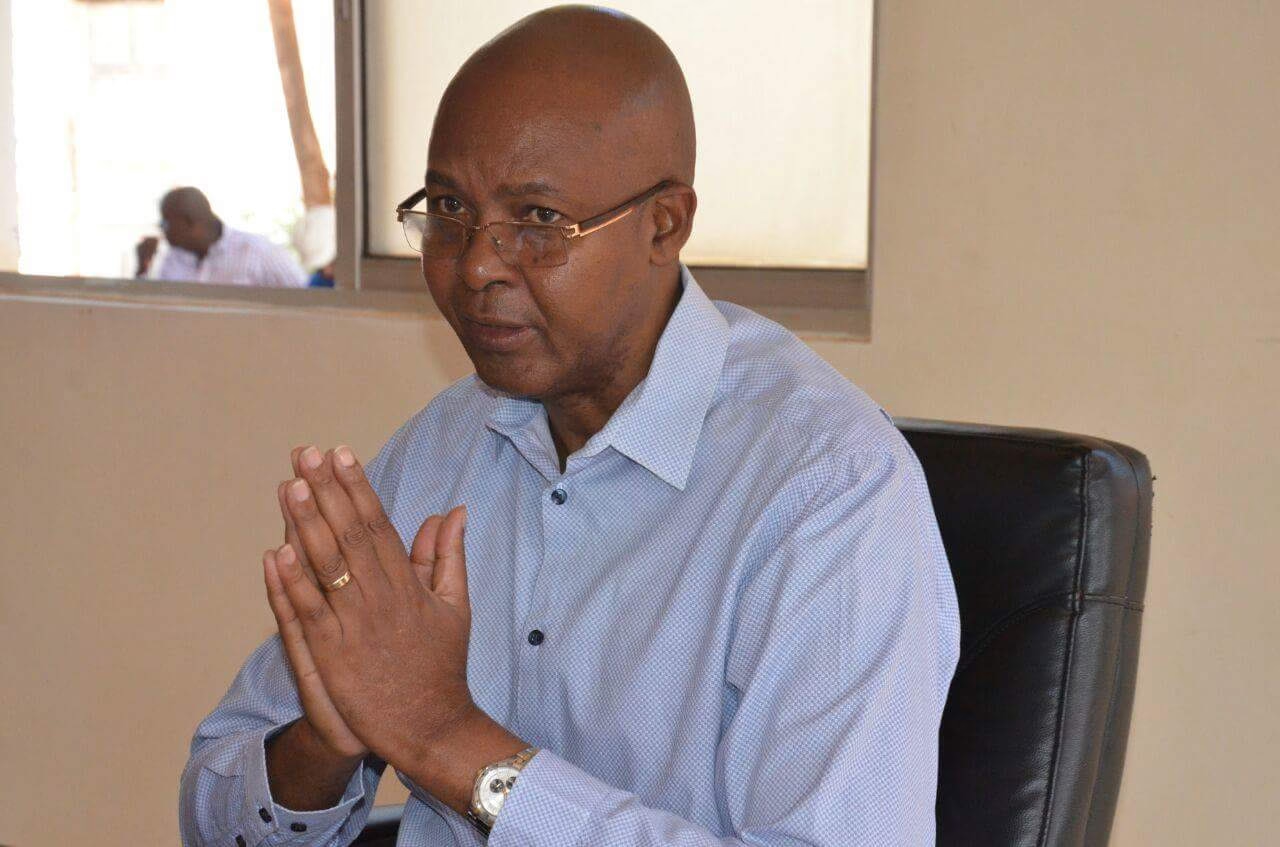
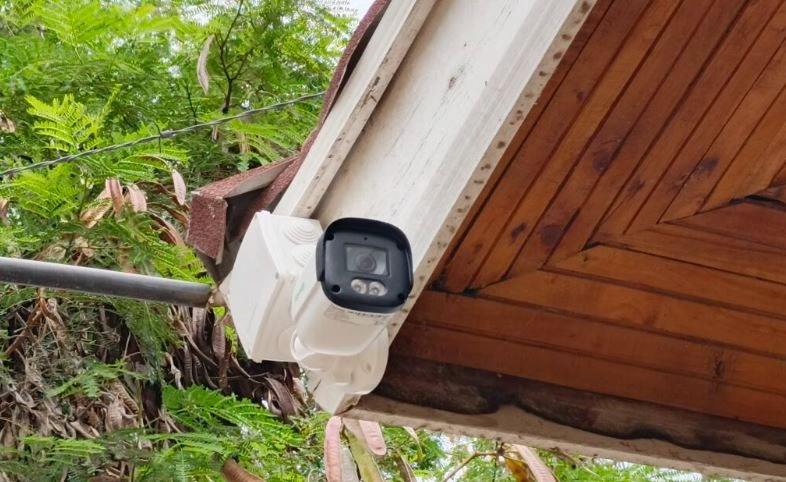

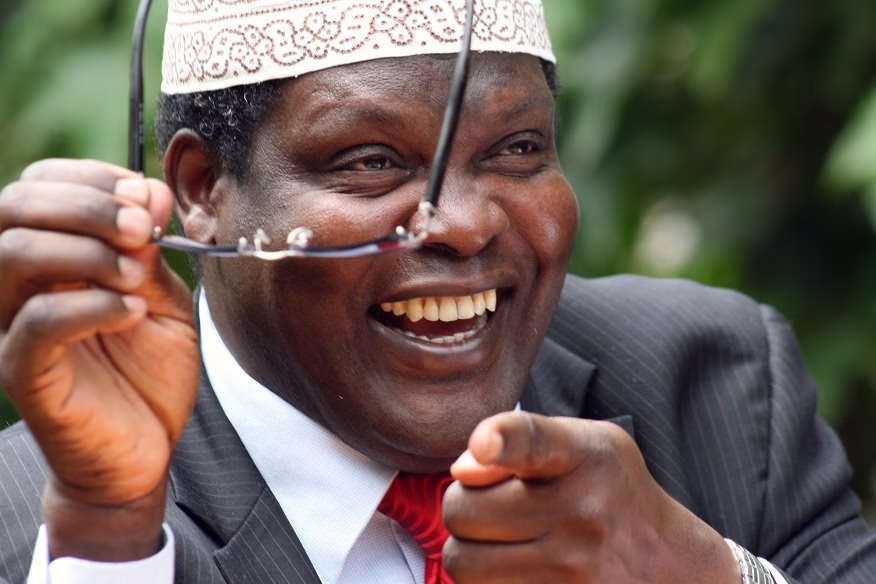


Leave a Reply